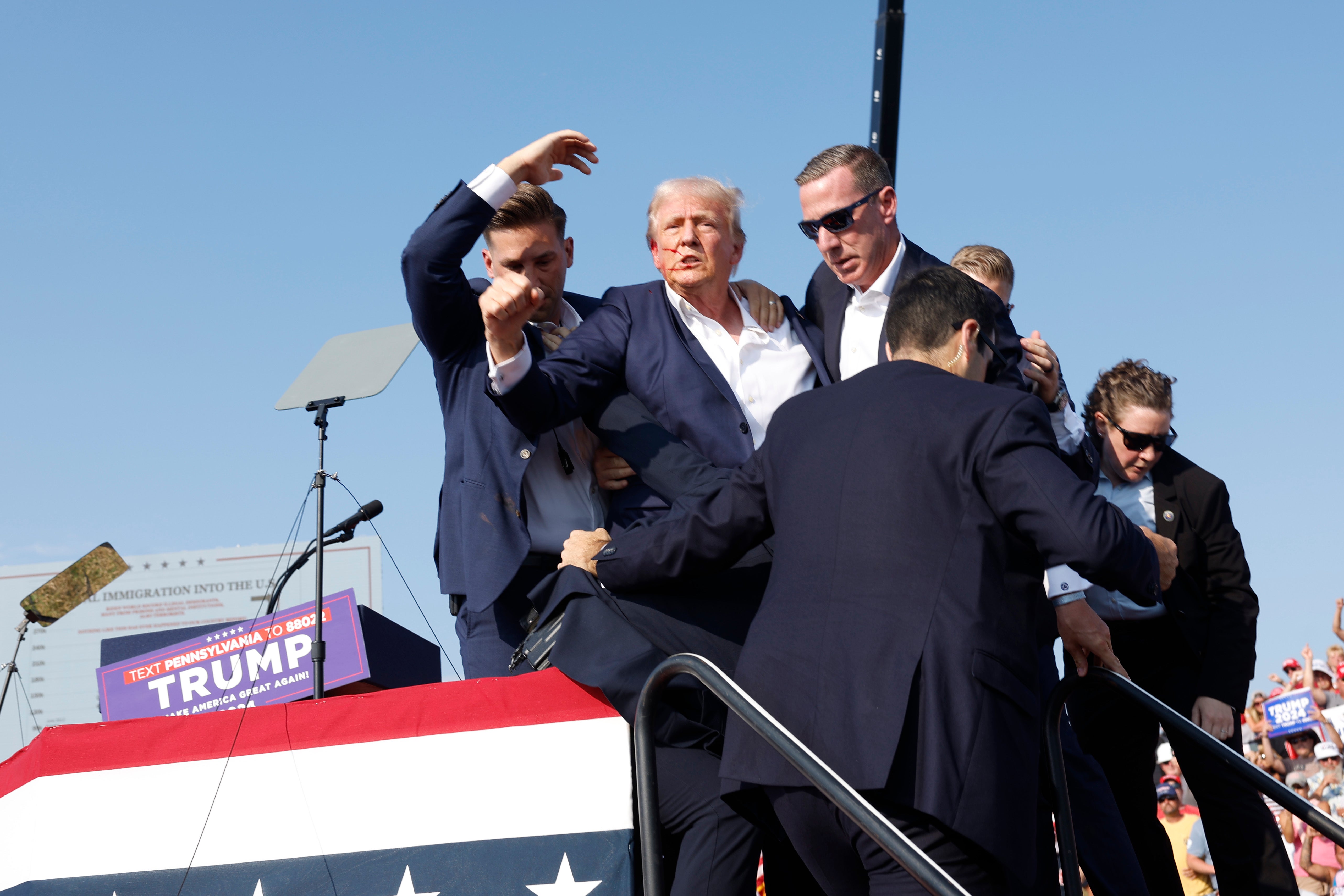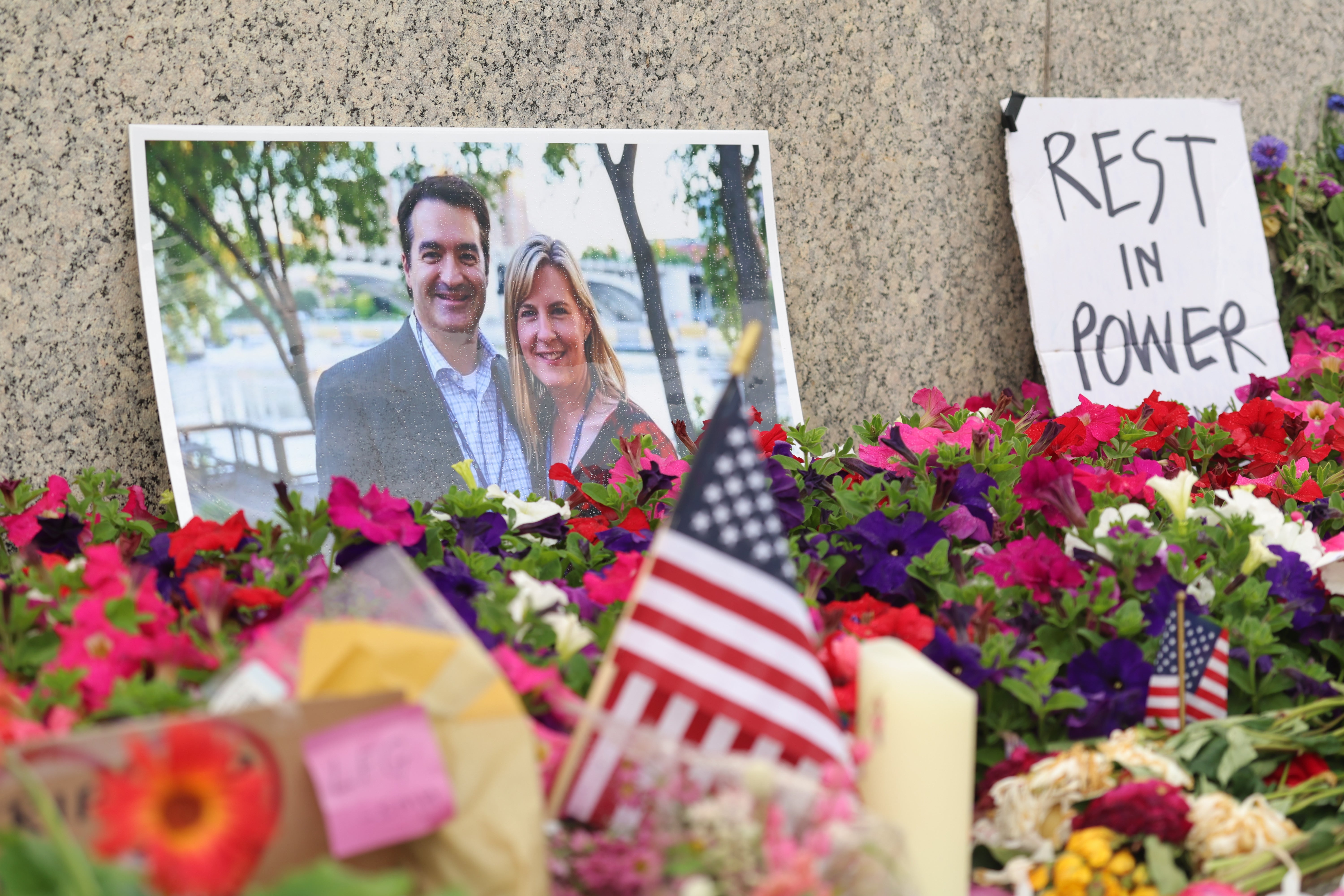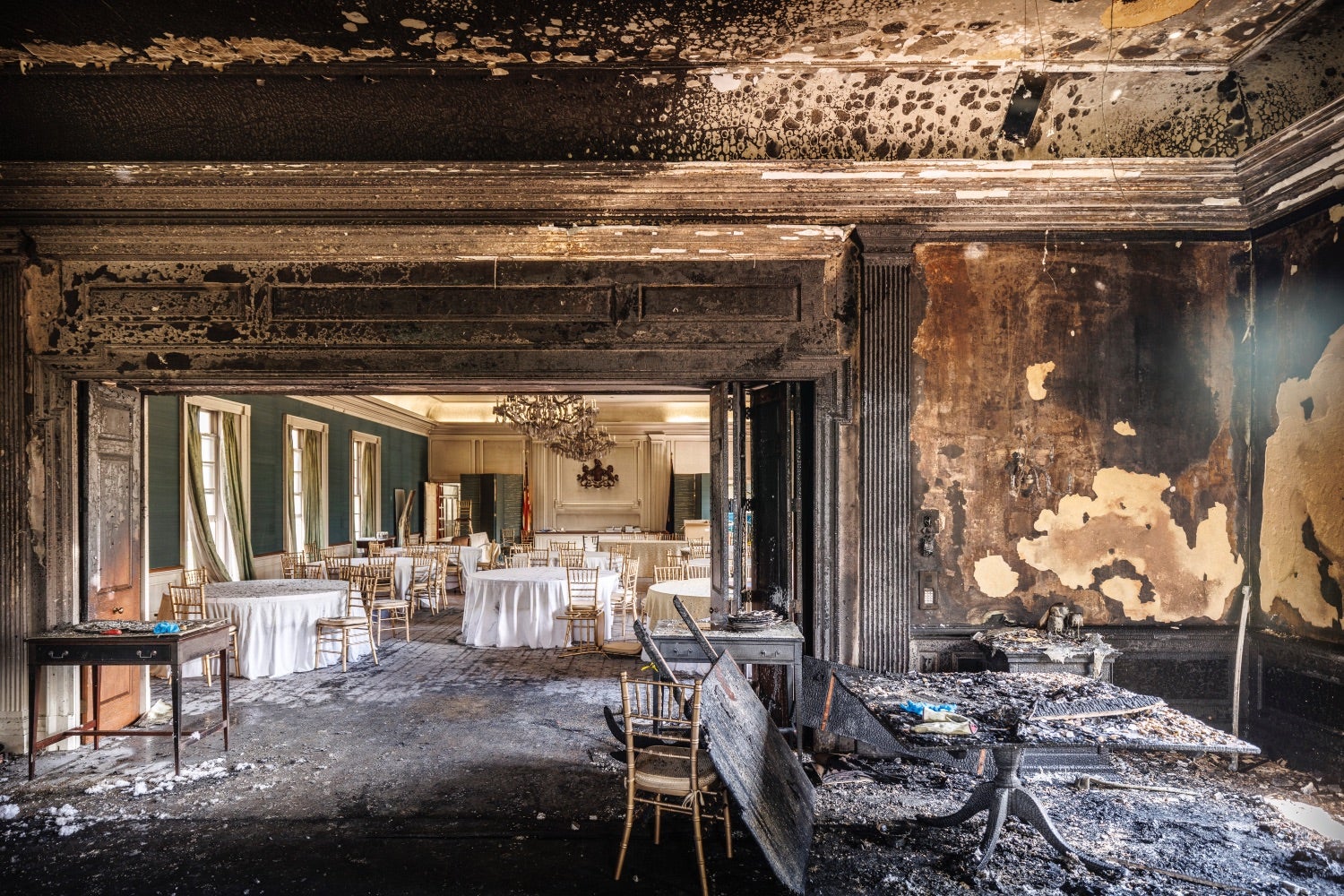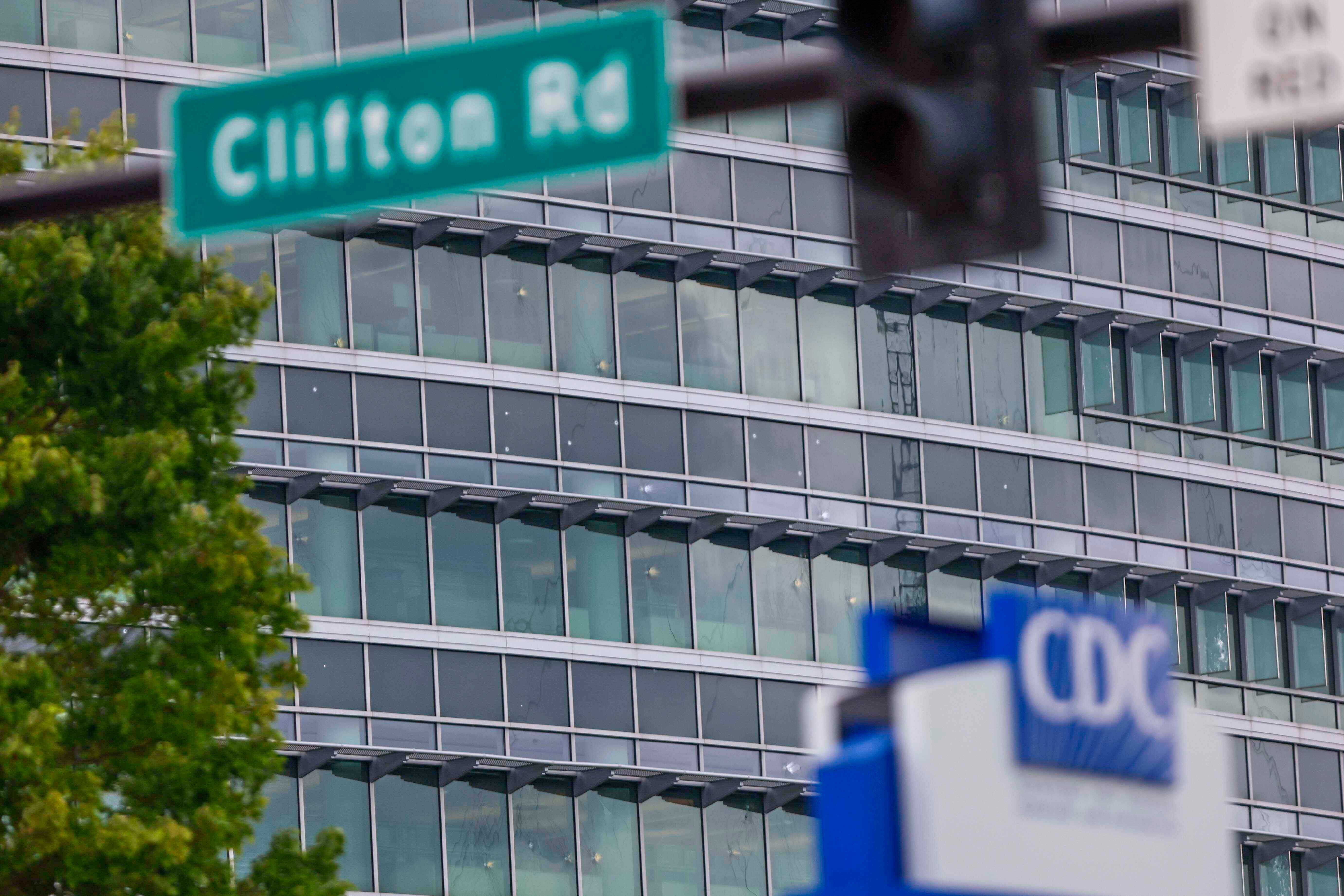The killing of right-wing activist Charlie Kirk during a speech at a Utah college on Wednesday has prompted shock and condemnation across the political spectrum, and experts warn the assassination is the latest in a deeply concerning surge in political violence across the U.S. during the Trump era.
“It’s clear that we’ve had some major political violence incidents in the last few years and that it is more than we had come to expect, certainly since say the 1960s,” Wendy Via, CEO of the Global Project Against Hate and Extremism, told The Independent. “Political violence has been around as long as there have been politics, but I do think that the last few years are different.”
Violence at its worst since late 1960s
These incidents are part of a troubling trend, as intense partisanship has turned into partisan violence. Between the January 6 insurrection at the U.S. Capitol and the 2024 election, there were at least 300 cases of political violence, a 2024 Reuters analysis found, the largest surge in such attacks since the 1970s. Since 2016, there were nearly three times as many partisan-driven attacks and plots in the U.S. as in the previous quarter-century, a 2023 Center for Strategic and International Studies paper concluded.
In the heated atmosphere following Kirk’s death, some have been quick to blame the left for the trend, though the nature of the problem is far more nuanced than that, according to Shane Burley, an author and journalist who writes about fascism and right-wing political movements.
He points to a variety of “profound social changes” as driving the surge, including deep partisanship, economic dispossession, ideological and geographic segregation, virulent online conspiracy theories, poor mental health infrastructure, and dissolving social structures like unions.
There’s also been an increasing injection of violence directly into our politics themselves, whether it’s the Trump administration sending masked ICE agents and National Guardsmen into largely Democratic cities, or the increasingly common presence of armed militiamen at protests.
“People engage in violence when they are not part of a stable social system,” Burley told The Independent.
“Gun violence is really a symptom of a real larger social problem that you’re going to have to deal with holistically, and that’s really unfortunate because we are nowhere near dealing with those problems in a holistic way.”
‘We’ve seen it on both sides’
“It has increased, and we’ve seen it on both sides,” he added.
Nonetheless, a large body of research shows that right-wing extremists have killed more people than those associated with any other political cause in the U.S. since 9/11, though many violent political incidents don’t map neatly onto one political ideology, especially given the frequent presence of mental health crises among those who commit such acts.
Trump under attack

Most visibly, in 2024, there were two unsuccessful assassination attempts against Donald Trump.
The first occurred at a July rally in Pennsylvania, where a gunman grazed the then-candidate’s ear with a bullet, then was fatally shot by the Secret Service.
Two months later, gunman Ryan Routh allegedly tried to assassinate the Republican while he was golfing at his club in West Palm Beach, Florida. Routh has pleaded not guilty and his trial began Thursday.
A string of political shootings

This year, the violence continued, as political figures tied to a variety of causes faced fatal gun violence and arson attacks.
In May, two Israeli embassy staffers were shot in Washington outside the Capital Jewish Museum. A suspect, Elias Rodriguez, has been hit with federal murder and hate crime charges. The killings occurred a month after a man set fire to Pennsylvania Gov. Josh Shapiro’s residence, allegedly admitting to hating the governor, who is Jewish, and taking issue with his views on Palestine.

The following month, an anti-abortion conservative allegedly shot and killed a Democratic Minnesota lawmaker and her husband and wounded another lawmaker and his wife, the worst political assassination in state history.
More attacks in August
The political violence didn’t stop there.

Last month, gunman Patrick Joseph White fired a barrage of bullets into the CDC headquarters in Atlanta, killing a police officer, before turning the gun on himself.
A search of White’s home showed evidence he expressed “discontent with the COVID-19 vaccinations,” state law enforcement said.
The recent follow series of incidents across recent GOP and Democratic administrations, including a first Trump term that saw the shooting of Republican congressman Steve Scalise, a neo-Nazi fatally ram a woman with his car while she was protesting a white-nationalist rally in Charlottesville, a kidnapping plot against Michigan’s Democratic Gov. Gretchen Whitmer, and a mass insurrection at the U.S. Capitol aimed at overturning the 2020 election.
During the Biden years, meanwhile, the Trump-appointed Supreme Court Justice Brett Kavanaugh and then-Democratic House Speaker Nancy Pelosi both saw dangerous assailants break into their homes, while anti-racism protests in 2020 descended in some cities into violent looting.
No ‘magic answer’ to stopping the violence
Via, the extremism expert, said there is no “magic answer” to stopping such attacks, but recommends that those tied to the political process tone down the intense rhetoric, and she criticized social media companies for rolling back content moderation practices during the Trump era that had been intended to contain the spread of conspiratorial, hateful, and violent content.
“I think it’s clear that political rhetoric must be toned down,” she said. “We cannot inflame the American people every time somebody gets on television or gives a speech...When we talk about inflamed rhetoric, the tech companies, I would lay a lot of it at their door.”
Former FBI agent Katherine Schweit, author of Stop the Killing: How to End the Mass Shooting Crisis and How to Talk About Guns With Anyone, described the U.S. as entering a moment akin to the late 1960s and early 1970s, a period of political instability and assassinations of prominent leaders that showed how “political violence begets more political violence.”
“We lost two Kennedys, Malcolm X and Martin Luther King, in a very short number of years,” she told The Independent. “And I think that temperament, that appetite for political violence after the assassinations in the ’60s and ’70s waned because people saw that violence just causes more violence, and they began to move towards what we need, of course, which is peaceful discord, because that is the foundation of our democracy.”
Alex Woodward contributed reporting to this story.
Scrutiny over security at Charlie Kirk event: No bag checks, six cops, and guns allowed
Oxford Union condemns incoming president’s comments about Charlie Kirk shooting
Chris Pratt leads celebrity reactions to ‘senseless’ Charlie Kirk shooting
Qatar to hold emergency summit with Arab nations after Israeli strike on Doha: Latest







